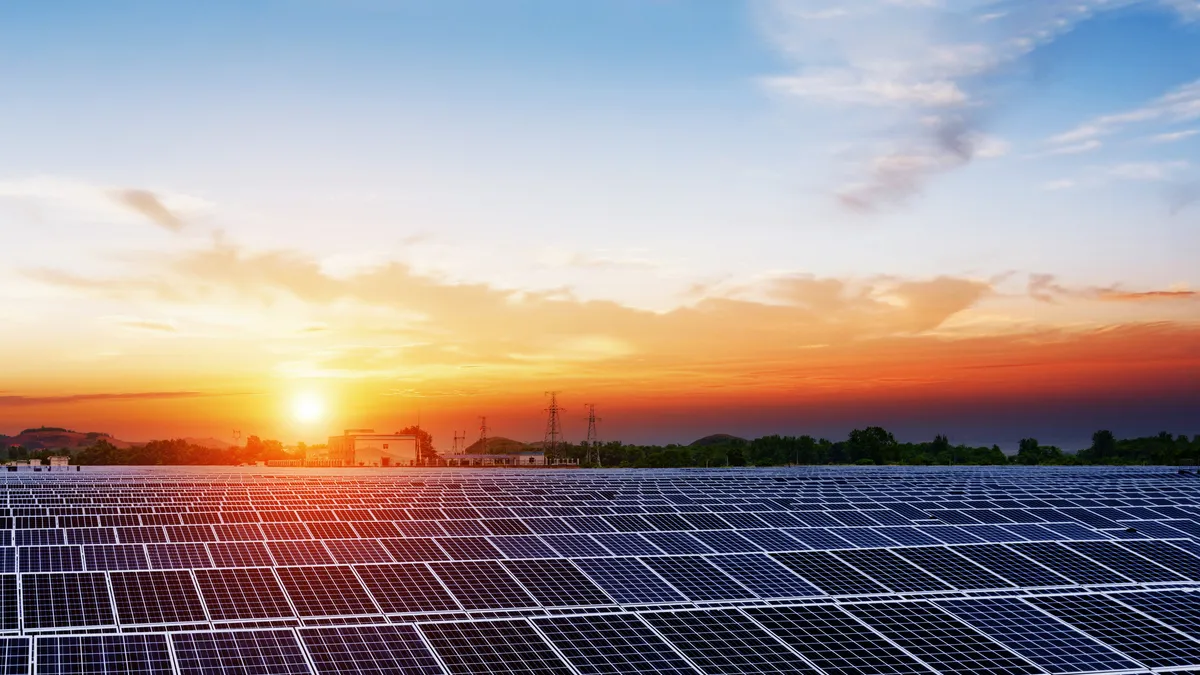Dive Brief:
- The global responsible loans market totaled $111.5 billion in July, a $32 billion (40%) increase since last year, according to a report published Tuesday by credit rating provider S&P Global Ratings.
- "The sustainable finance market is continuing to evolve and develop innovative products to encourage improved environmental and social performance," Michael Wilkins, S&P Global Ratings' head of sustainable finance, said in the report.
- A growing number of banks are using lending to encourage and promote social and environmental causes, while also making decisions to scale back or divest from certain controversial industries.
Dive Insight:
Banks are expected to continue making decisions based on social and environmental issues as consumers' desire for transparency grows in the financial sector.
"I think you're going to see many more banks positioning themselves as partners to environmental and sustainable commercial activities," Pen Pendleton, a partner at CLP Strategies specializing in communications and media relations for the banking industry, previously told Banking Dive.
The financial industry has been weighing reputation risks as their actions have become more visible to shareholders, customers and regulators since the 2007-08 financial crisis.
There has been a "paradigm shift in the thinking within the financial sector," James Mitchell, manager of the Reinventing Climate Finance initiative at the Rocky Mountain Institute in Boulder, Colorado, told Global Finance.
Mitchell said banks are being asked "to shape the sectors they're active in through capital-allocation decisions and client engagement."
Banks are not only offering more sustainability linked loans but also divesting themselves from sectors that are counter to environmental causes.
Paris-based BNP Paribas said in March that it would be pulling 1 billion euros out of coal stocks. London-based HSBC said last year that it no longer lends to the coal industry or its customers.
Cognizant of social stances, banks have also stepped away from the private prison industry.
Major financial institutions such as Barclays, SunTrust, Bank of America, JPMorgan Chase and Wells Fargo have announced they will stop financing operators of private prisons amid an increase in activity along the U.S.'s southern border that has put a spotlight on immigrant detention centers and the banks that finance them.
Banks have also shifted their stance on lending to the shipping industry in an attempt to cut carbon dioxide emissions. In June, 11 banks that lend to shipping lines said they will integrate climate impact into the criteria that determines how much a shipping company can borrow, according to CNBC.
Banks that have committed to the initiative, called the "Poseidon Principles," include Citigroup, Societe Generale, DNB, Danish Ship Finance, Danske Bank and Norway's DVB.
"The Principles for Responsible Banking mirror our philosophy and approach to developing sustainable solutions alongside our clients and setting clear and ambitious targets," Citigroup CEO Mike Corbat said in a statement. "We remain laser focused on incorporating sustainability principles into everything we do to help ensure business success, improve our operations and contribute to a strong global economy. Our clients, colleagues and stakeholders expect no less."











